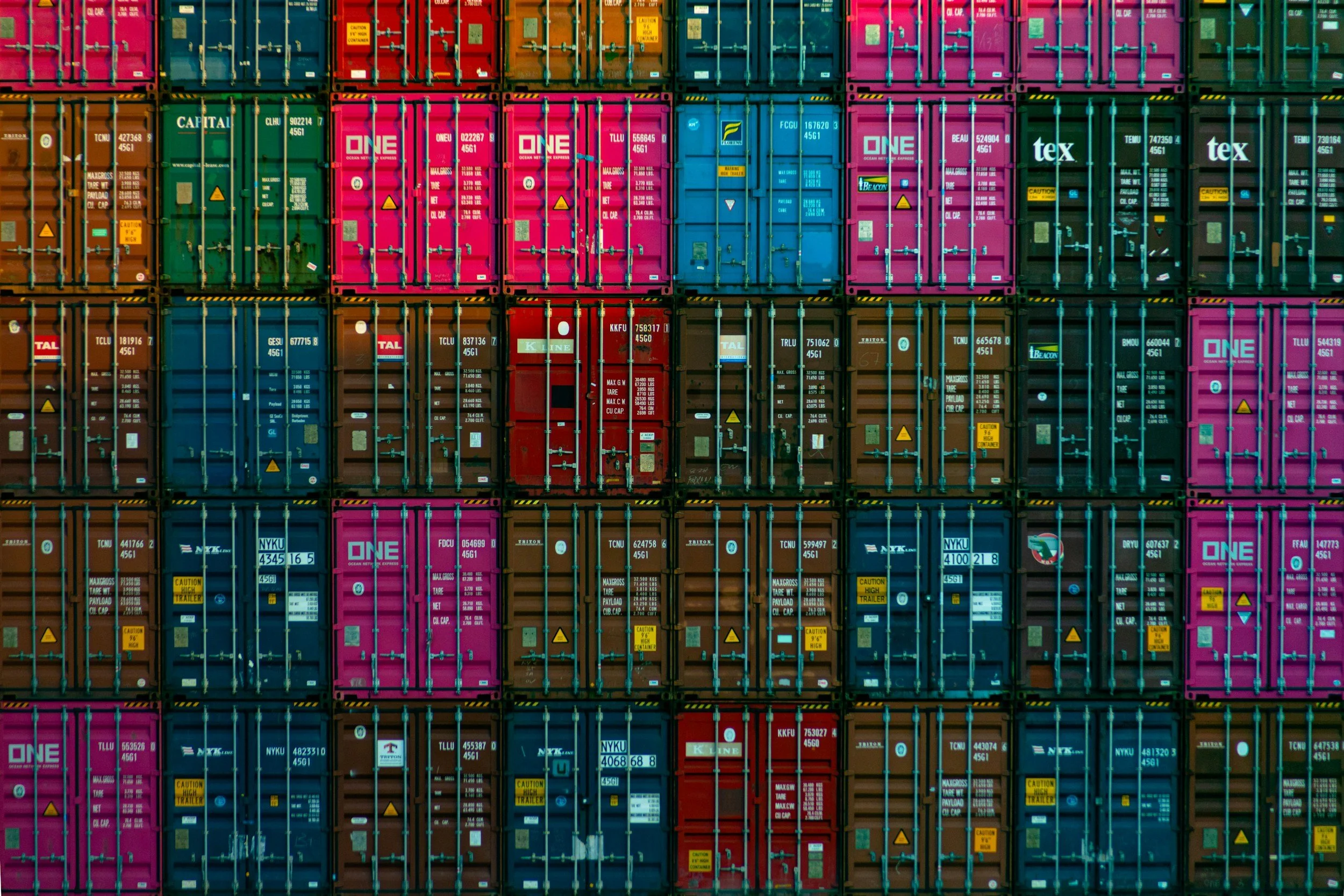Tariffs, Enforcement, and Cross-Border Fallout - Global Trade & Tariff Updates
This week, beginning Monday September 10th - the global trade landscape continued to tighten and re-shape in ways that will directly affect tariffs, release decisions, and compliance risk for our clients. Below I summarize the most important developments for this week.
U.S. Executive-level adjustments to reciprocal tariffs — targeted but wide in effect
In early September the White House issued an Executive Order that modifies the scope of the “reciprocal” tariffs first announced earlier in 2025 and sets out new procedures for implementing trade and security agreements. The order includes annexes that exempt certain goods and clarifies how future trade deals will interact with country-specific duties — but it does not reverse the broad move toward using tariffs as a tool of foreign policy and economic leverage. For brokers and importers, the EO means some product categories will see clarified treatment (and limited exemptions), while other country-specific duties remain in force until separately altered.
Enforcement intensity is rising — CBP collections, task forces, and new compliance scrutiny
Recent releases from CBP document significant duty collections year-to-date and emphasize enforcement of the new tariff regime; at the same time the Department of Justice and other federal agencies have moved to create or expand trade-fraud and tariff-enforcement task forces to pursue misclassification, false claims, and circumvention. Practically, that translates into increased targeting of high-risk entries, more civil and criminal enforcement referrals, and a higher probability of protracted audits — all of which increase the compliance burden on importers and the advisory workload for brokers.
Bilateral and multilateral negotiations are active — selective rollbacks and sectoral agreements
The U.S. is engaged in talks with trading partners — recent high-level meetings (for example between USTR officials and South African ministers) and separate agreements with the EU on limited products — that aim to narrow the scope of penalties or carve out critical sectors (aircraft parts, some pharmaceuticals, certain natural resources) from the steepest duties. Some countries (India among them) report optimism about reducing penal tariffs in the coming months if agreement terms are reached.
Proposal to Remove Coffee Tariffs
A bipartisan bill has been introduced (by Reps. Don Bacon and Ro Khanna) aimed at eliminating tariffs placed on coffee (roasted, decaffeinated, husks, substitutes) that were imposed after January 19, 2025. The action is partly in response to sharp increases in coffee prices and consumer hardship.
China’s Probes into U.S. Chip Trade Practices
China’s Ministry of Commerce has launched investigations into alleged discrimination by the U.S. against Chinese firms in semiconductor trade, and against potential dumping of certain U.S. analog chips into China. These actions come just ahead of trade talks between the two countries.

